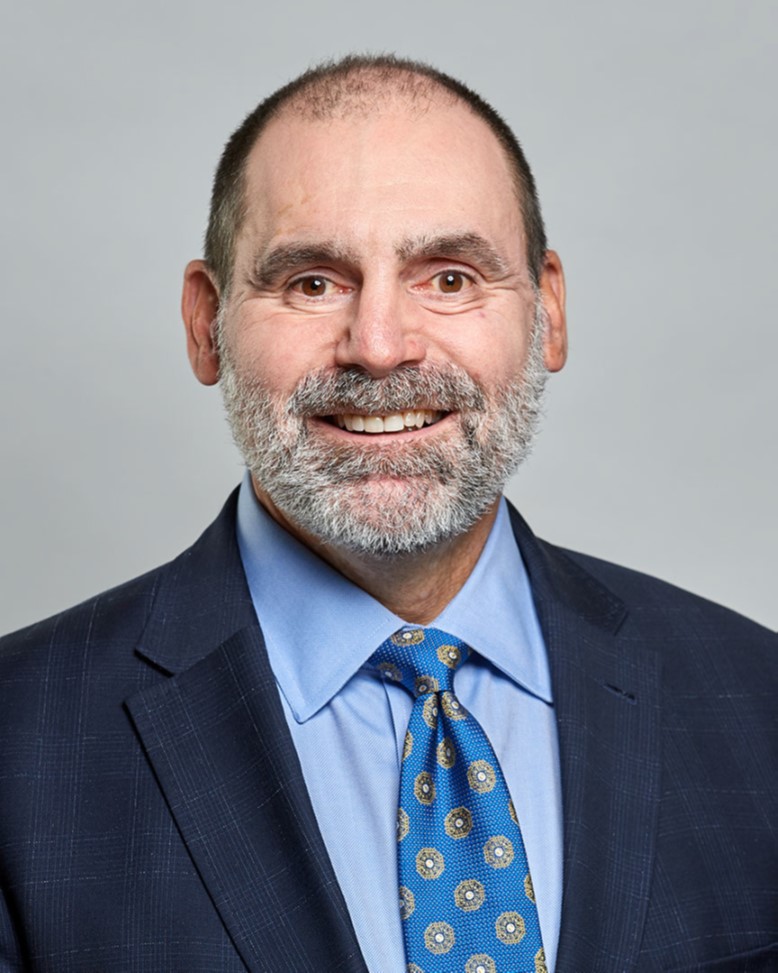Content Spotlight
Podcast: MilliporeSigma says education vital to creating unbreakable chain for sustainability
MilliporeSigma discusses the importance of people, education, and the benefits of embracing discomfort to bolster sustainability efforts.

BioProcess Insider spoke virtually with MilliporeSigma’s head of Process Solutions Andrew Bulpin about his predictions for the company and the CDMO space in 2022.
The life sciences services division of Merck KGaA, MilliporeSigma, has been steadily increasing its contract development manufacturing organization (CDMO) services through a string of investments and expansions.
The firm invested $110 million into its gene therapy CDMO business in April 2020 by building a second facility at its site in California, adding 11 production suites and more than doubling its viral vector capacity.

Image: Andrew Bulpin, Head of Process Solutions at MilliporeSigma
It accelerated $47 million worth of expansions in December 2020 in Massachusetts and New Hampshire after a surge in demand for bioprocess equipment from Coronavirus therapy and vaccine developers. And most recently, the firm bolstered its messenger RNA (mRNA) offerings through the $780 million acquisition of CDMO Exelead.
Andrew Bulpin (AB): Industry growth and dynamics are contributing to an acceleration in outsourcing efforts, specifically by the success of novel modalities and emerging biotech companies that represent a large portion of the drug pipeline.
AB: In their journey to bring their molecules to market, these small companies need expertise in navigating the complex journey to commercialization and are turning to CDMOs to bring drugs to market faster. As such, outsourcing has become a macro trend in itself.
AB: [There are] some exciting manufacturing trends in ‘in-sourcing,’ as we see the adoption of continuous processing coming into its own while we evolve to BioPharma 4.0. In 2022, we expect to see companies further intensify their unit operations as they continue to eliminate bottlenecks in their process.
AB: Our work with Transcenta is a nice example of this, as they leverage flow-through polishing purification technology and evaluate additional technologies to enable connected and continuous processing. Process analytical tools that enable real-time testing will also advance the move to continuous processing.
AB: One of the boldest macro trends certainly is the increased advancements for innovative cell and gene therapies and viral vectors, which drive productivity, scale-up and standardization of these therapies.
AB: In 2022, we expect to see the effects of those advancements realized, which will allow companies to get into manufacturing much faster. For instance, we made an investment in our Carlsbad, California facility to now support all industry standard virus types (AAV, LV and Retro) all the way up to 1000 L for viral vectors.
AB: Continuous processing will become a gamechanger as the industry’s focus on increasing its sustainability grows. Smaller facility footprints and reduced utility usage provide an attractive path to carbon neutrality.
AB: Our customers are reshaping modern medicine by transforming how diseases are treated. They must navigate through process development, scale-up, manufacturing, commercialization, and regulatory compliance to advance current drug technology and bring new curative treatments to the forefront. Oftentimes, the molecule IS the company, so choosing a CDMO to collaborate with is a very important decision. Transparency is paramount – they want a true partnership with their CDMO, not to be excluded from the decisions and process regarding their molecule. Flexibility is key in helping them meet their critical milestones.
AB: Our adaptable processes, broad product portfolio, global network and technical experts all help our customers reach their critical milestones. Customers also have access to our leading BioReliance testing services.
AB: Many CDMO providers offer primarily manufacturing services. Our unique CDMO services integrate contract development, manufacturing, and our leading biosafety testing portfolio with the industry’s broadest product offering – all streamlined with a single, highly experienced provider. Very few companies can provide this breadth of services AND a complete product line. The synergies gained through our work in CDMO help drive our product and template innovation, ensuring they work seamlessly in our processes. We are pioneers in partnership to advance human progress.
You May Also Like